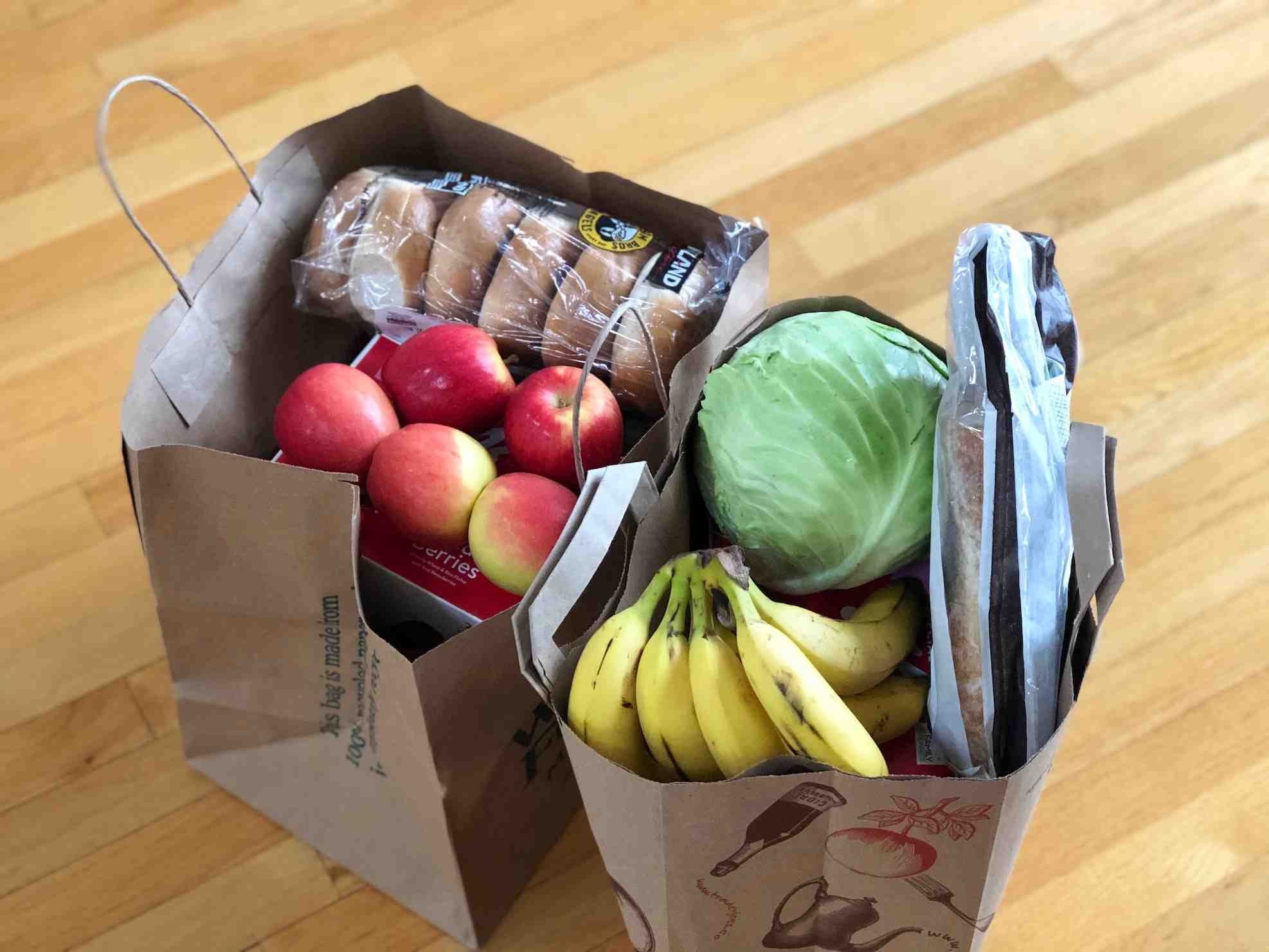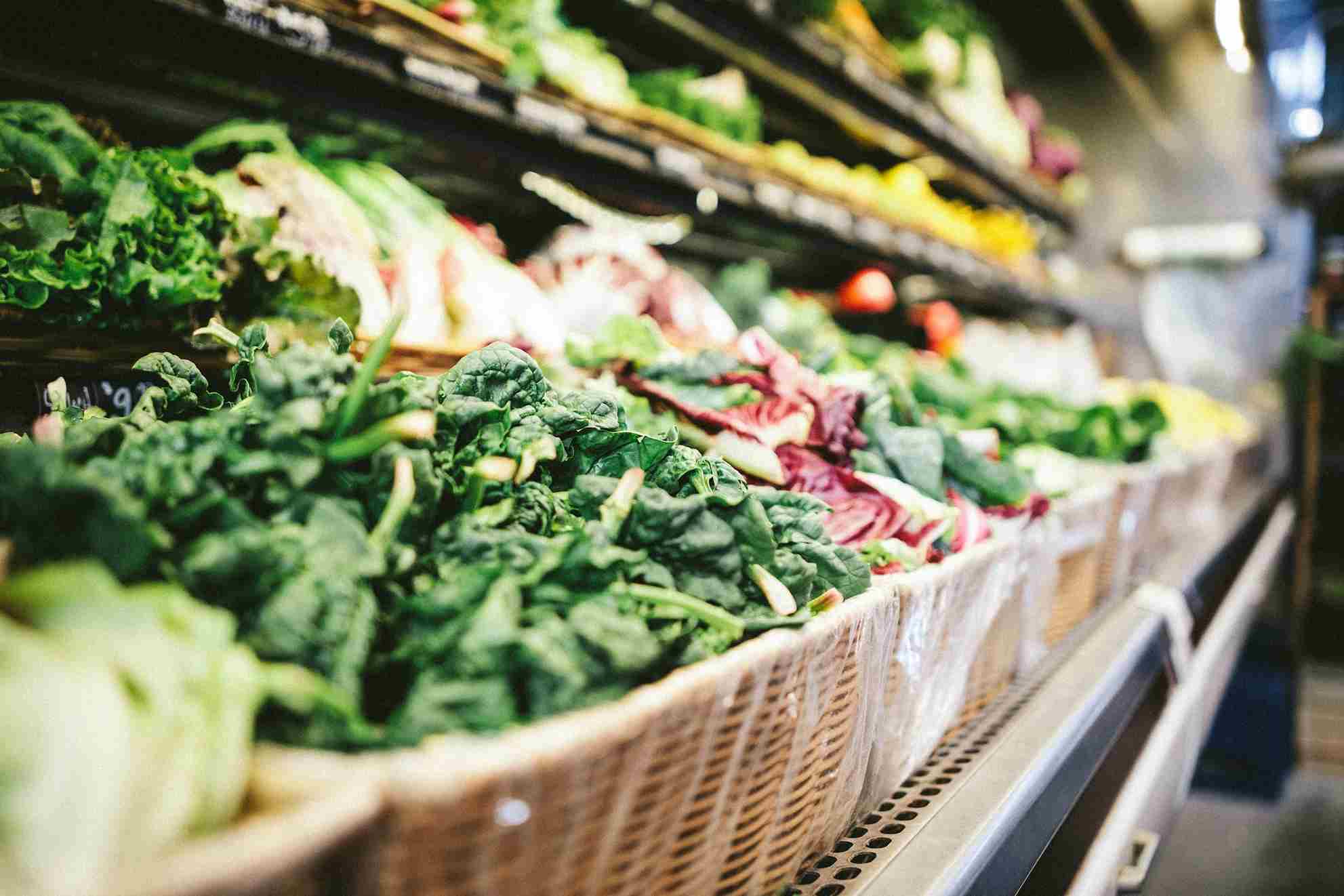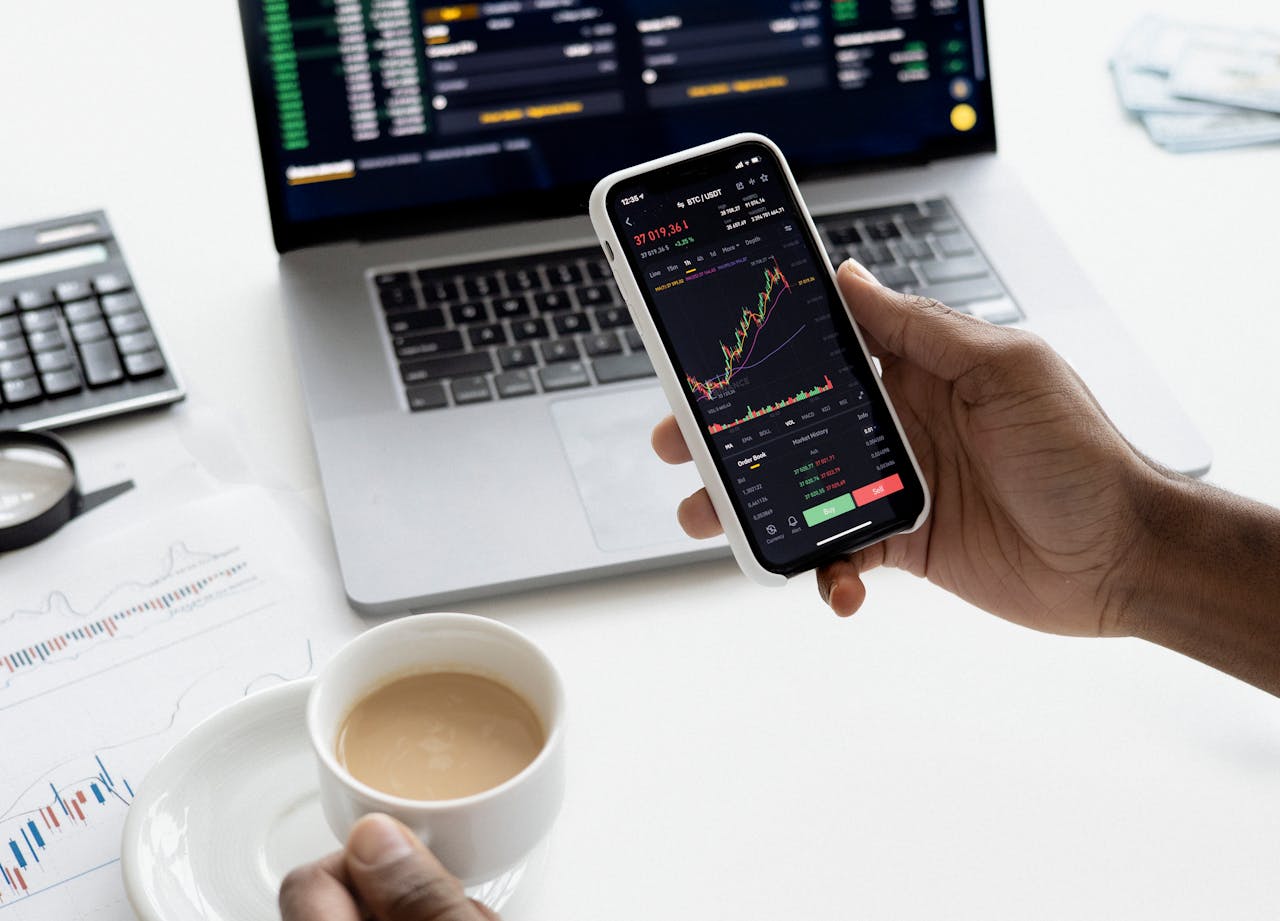

A 2020 study reported that the online grocery boom in Southeast Asia due to the COVID-19 pandemic has increased the segment’s value to 350 million USD, despite having only a 0.3% penetration rate. At the end of the year, the value of the online grocery segment in Indonesia was valued at around 1 billion US dollars.
Following this trend, the pandemic is considered the catalyst for online grocery growth in Indonesia. The country is projected to see an increase in its e-grocery market size, from 0.3%in 2020 to 0.5% this year. By 2025, it is expected to be valued at 6 billion US dollars. In terms of growth, only the e-grocery markets of Vietnam and India grew faster than Indonesia in Asia.
What is the outlook of online grocery growth in Indonesia post-COVID 19 pandemic? Where else does potential lie in this vast segment of e-commerce in the country? We look at possible challenges and opportunities in the growth of Indonesia’s online grocery market.

The food retail industry in Indonesia is the largest in the Southeast Asian region, with a market value worth 140 billion US dollars. Traditional channels, such as wet markets, green grocers, and neighborhood mom-and-pop stores, are still considered the more dominant retail formats. However, as the e-commerce industry in Indonesia continues to expand, so does the option to purchase food products through online channels.
According to a report on the online grocery market in Indonesia, tech investors have driven the growth of the segment in the past two years. Segari, a leading online grocery retailer, has received 18 million US dollars in funding. HappyFresh, an on-demand online grocery app, received 65 million US dollars. TaniHub, a B2B agricultural marketplace, was able to raise 65.5 million US dollars in funding.
As modern channels continue to become the leading option for food purchases in Indonesia, online grocery shopping post-COVID can yield greater revenues. Retailers can capitalize on offline market offerings to improve their services. Instant delivery of small baskets of items can help retailers act like online convenience stores for consumers. Low minimum-order requirements will also ensure that they do not turn away customers.
With sustainability becoming a major lifestyle choice among consumers, online grocery retailers in Indonesia can also look into partnering with local producers to offer farm-to-table services or meal kit options.
Competitive pricing, especially at a time when inflation is reducing consumers’ purchasing power, will help online retailers attract customers away from supermarkets. Free delivery is always an enticing offer, especially when customers get their money’s worth when they shop online.
As the online grocery sector in Indonesia continues to attract investments, retailers must assure that they offer a seamless online experience for customers while also giving them value for money in product pricing. The development of e-groceries in the country is not expected to slow down soon, and better logistics, prices, and customer experiences will help it accelerate in a post-pandemic economy.

Revolutionizing Finance: An Overview of Digital Lending in Southeast Asia
Digital lending is poised to become the primary revenue driver for digital financial services in Southeast Asia (SEA) by 2025, outpacing digital payments. This growth is fueled by a 33% annual increase in digital lending, supported by technological innovations such as automated loan origination processes and seamless integration of financial services into digital experiences. These advancements have made it easier for consumers to access financing for various needs, including online shopping, travel bookings, and ride-hailing services.

IoT Integration in the SEA Automotive Lubricants Market
The Southeast Asia (SEA) automotive lubricants market is rapidly evolving with the integration of Internet of Things (IoT) technology. This transformation offers significant benefits, creates new opportunities in smart technology, and introduces innovative IoT solutions that can revolutionize the industry.

Embracing Robotization: Challenges and Opportunities in Industry 4.0
Robotization presents challenges and opportunities for businesses and the workforce, requiring companies to embrace this transformation.

Opportunities in the Indonesian Skincare Market
The rapid growth of the Indonesian skincare market presents significant opportunities for the beauty industry. Projections indicate a steady growth trajectory of 4.6% over the next five years, reflecting sustained consumer demand and market expansion. In this article, we will explore the various opportunities that the Indonesian skincare market presents for brands seeking to establish a strong foothold and thrive in this dynamic landscape.